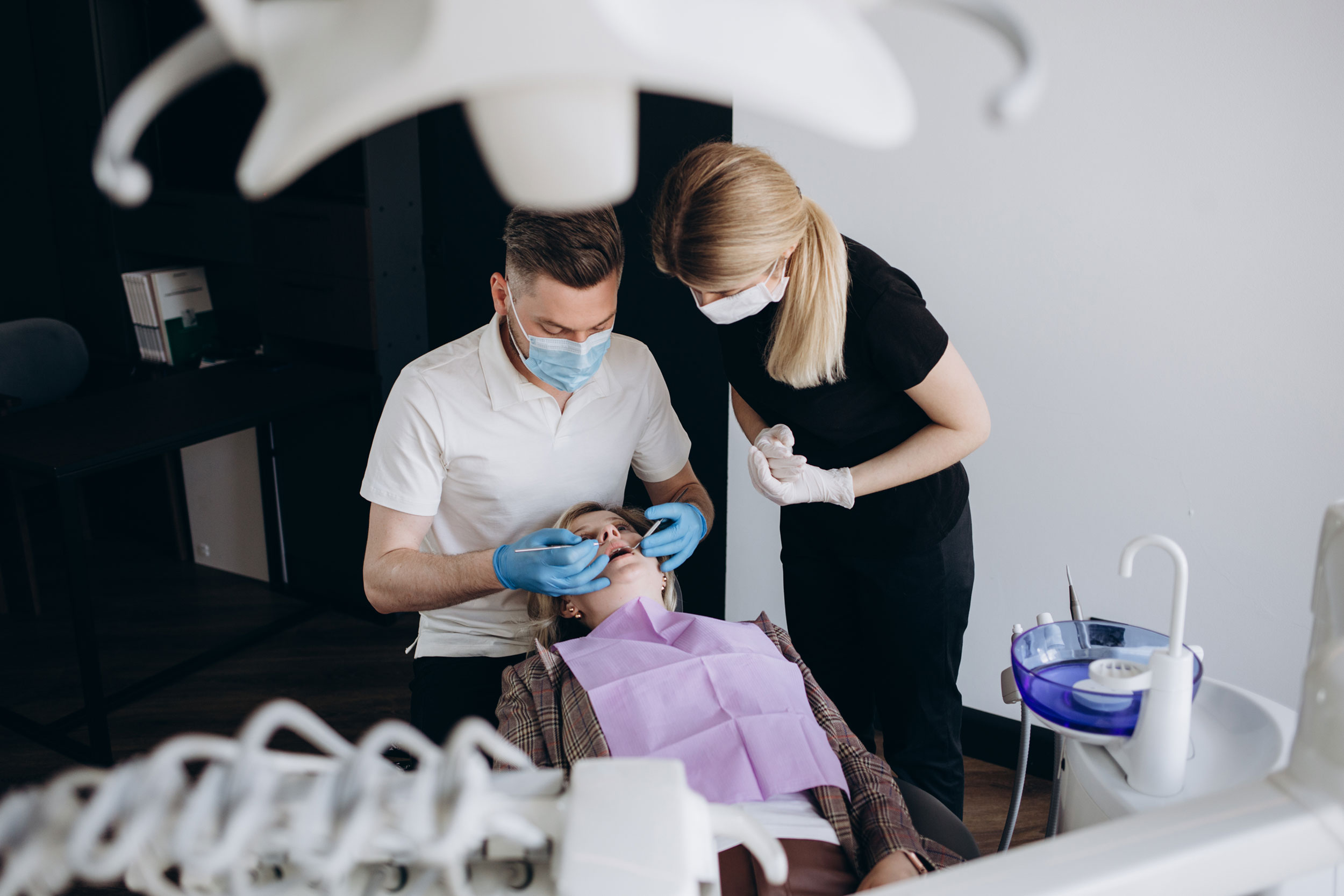A registered nurse (RN) chooses an area to specialize in. This could be anything from ICU to the trauma unit. Here we look specifically at what is involved when an RN selects the specialty of an orthopedic nurse.
What Is an Orthopedic Nurse Practitioner (ONP)?
The ONP or orthopedic nurse practitioner looks after patients who have musculoskeletal problems. This could involve disease states or the outcomes of injuries incurred by their patients. As well as treating this group, the ONP will teach patients how to manage or reduce their symptoms, regain mobility, and educate them on lifestyle choices that will prevent or limit future trauma.
Daily Duties and Responsibilities
The overall role of the ONP is to take care of patients whose musculoskeletal systems are diseased, injured, or affected by a degenerative illness. They will obtain a medical history from each patient and provide information on the person’s condition. Education plays a big role as many patients may contribute to their symptoms through ignorance of how the disease presents or progresses. Post-surgery treatment thus involves explaining to patients how to take their medication, which exercises to perform, what to avoid, and how they can improve lifestyle factors that may have contributed to their condition.
The ONP is present during surgical procedures and helps the orthopedic surgeon during the operation. After surgery, the ONP will monitor the patient throughout their recovery and perform any necessary nursing duties such as helping patients get to the bathroom, bathing, washing hair, and eating. Patients often require a lot of this form of assistance after orthopedic surgery.
Pain medication must be administered by the ONP according to the instructions of the attending physician. The ONP must be alert to allergies and negative drug interactions and liaise with the doctor to change the regime if needed. Patients must be examined frequently, including the site of the injury or surgery and dressings changed. Drips must be set up and changed. The vital signs of patients, such as temperature, pulse, blood pressure, and urine output must be monitored.
Working Environment
An ONP is usually located at a hospital or clinic where surgeries can be performed, tests and x-rays carried out, and recovery managed after an operation. However, an ONP can work for an orthopedic surgeon in their practice rooms where they see patients initially before deciding on a prognosis and treatment protocol. Some patients will require extensive rehabilitation after surgery so some ONPs work at rehabilitation centers. Others may prefer to work at an assisted living facility to help patients, especially the elderly, with poor mobility due to musculoskeletal issues.
The Path to Qualifying as an ONP
There is a carefully designed route that takes novices through training and qualifications before they can work and practice as ONPs. Although the requirements are rigorous and take time, once qualified, the ONP will be earning one of the highest salaries for RNs in the United States. The final step is to obtain a Master of Science in Nursing (MSN) degree. The ONP must first complete the Bachelor of Science in Nursing (BSN) Degree. The prospective ONP can progress from a Wilkes BSN to MSN degree.
For a new student who has not qualified as a nurse yet, the Bachelor of Science in Nursing (BSN) degree will take three or four years to complete. Whereas those who have already earned an Associate Degree in Nursing (ADN) can move directly into BSN program as a registered nurse (RN). This allows the person to obtain their BSN in less than two years. Additionally, if an RN has attended college for an Associate Degree in Vocational Nursing (ASVN), they need not complete the three semesters at the beginning of the BSN degree.
Once a BSN qualification has been obtained, the RN must get a nursing license. This requires sitting for and passing the National Council Licensure Examination for Registered Nurses (NCLEX-RN Certification Exam). At this stage, the RN can begin the MSN degree. This will take between one-and-a-half and two years to complete. With an MSN qualification, an ONP is in line to earn a top salary.
The Final Steps to Qualify as an ONP
Having completed the MSN degree, the prospective ONP must gain hands-on experience as an RN. This means undertaking 2,000 hours of practical work as an RN. There may be some credits earned while studying for the MSN degree that will reduce the number of hours of practical work required.
Finally, the individual is ready for the last step. To become an ONP, the RN will have to take the Orthopaedic Nurses Certification Board (ONCB) exam, notably the ONC-P certification examination. This examination measures competency-based skills and knowledge with 15 unscored and 135 scored questions. These exam questions will test the student on metabolic bone disorders, musculoskeletal tumors, inflammatory disorders, sports injuries, orthopedic trauma, degenerative disorders, congenital and pediatric conditions, and neuromuscular disorders.
Additionally, the examinee will have to answer questions related to various tasks or roles. This includes a researcher, consultant, manager, educator, and clinician/practitioner.
Statistics for RNs in the United States
According to the Bureau For Labor Statistics, job opportunities for all RNs who are qualified and licensed will grow at a rate of 52% in the decade between 2020 and 2030. This is eight percent higher growth than for any other career in the US. This increased need for qualified nurses is fuelled by an aging population that requires more chronic and acute healthcare. As much of the work that ONPs do is with the elderly, who are more prone to falls and degenerative conditions, the employment opportunities will be abundant for this group of specialists.
The states that employ the most RNs are Texas, California, New York, Florida, and Tennessee. The number of employed RNs in these stats ranges from 11,360 to 17,810. Salaries across these states also differ and varied between $95,120 (Tennessee) and $151,830 (California) in 2021.
Although the route from RN to ONP with an MSN degree is lengthy, it is well worth the investment of time and energy for a rewarding career.




